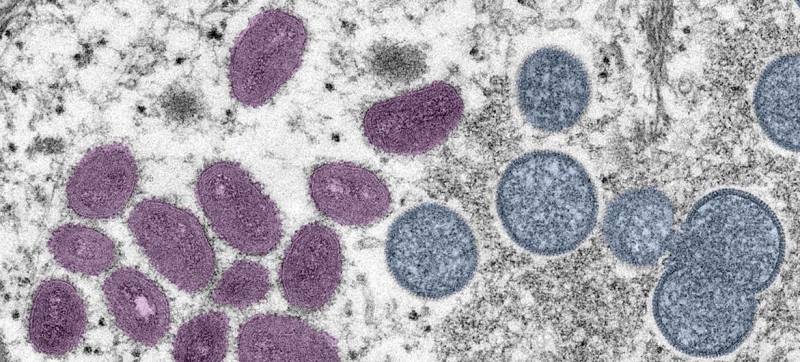Monkeypox is a rare but dangerous infection similar to the now eradicated smallpox virus. Monkeypox is an outbreak that has spread around the world rapidly, through new modes of transmission about which we understand ‘too little’, and which meets the criteria of an emergency under International Health Regulations. “For all of these reasons, I have decided that the global monkeypox outbreak represents a public health emergency of international concern”, the World Health Organization’s Director, Tedros Adhanom Gebreyesus, announced on Sunday during a press conference. Tedros indicated that the current risk of Monkeypox is moderate globally and in all regions, except in the European region where the risk is high. “There is also a clear risk of further international spread, although the risk of interference with international traffic remains low for the moment”, he added. Currently, there are more than 16,000 reported cases from 75 countries and territories and five deaths. Monkeypox lesions often appear on the palms of hands. WHO’s chief said that although he was declaring a public health emergency of international concern, for the moment the Monkeypox outbreak is concentrated among men who have sex with men, especially those with multiple sexual partners. “That means that this is an outbreak that can be stopped with the right strategies in the right groups”, he explained. Tedros said that it is essential that all countries work closely with communities of men who have sex with men, to design and deliver effective information and services, and to adopt measures that protect the health, human rights and dignity of affected communities. “Stigma and discrimination can be as dangerous as any virus”, he warned, calling on civil society organisations, including those with experience in working with people living with HIV, to work with the agency on fighting stigma and discrimination. “With the tools we have right now, we can stop transmission and bring this outbreak under control”, he highlighted. The World Health Organization (WHO) continues to work with patients and community advocates to develop and deliver information tailored to communities affected by monkeypox. Tedros clarified that the Emergency Committee under the International Health Regulations, convened last Thursday, could not reach a consensus about Monkeypox. He explained that WHO has to consider five elements to decide whether an outbreak constitutes a public health emergency of international concern. In order to fight the Monkeypox outbreak WHO recommends countries to: A full set of recommendations adapted to different country contexts is published on WHO’s website, and the agency has also launched a live data dashboard for the monkeypox outbreak. WHO now has three active public health emergencies of international concern: COVID-19, polio and Monkeypox.
The outbreak can be stopped

Undecided committee
Recommendations
The World Organization for Development has been endowed with consultative status with the UN ECOSOC since 2014. The World Organization for Development, which has consultative status wich the UN ECOSOC, develops and implements Global Initiatives to achieve the UN Sustainable Development Goals.




Comments are closed.